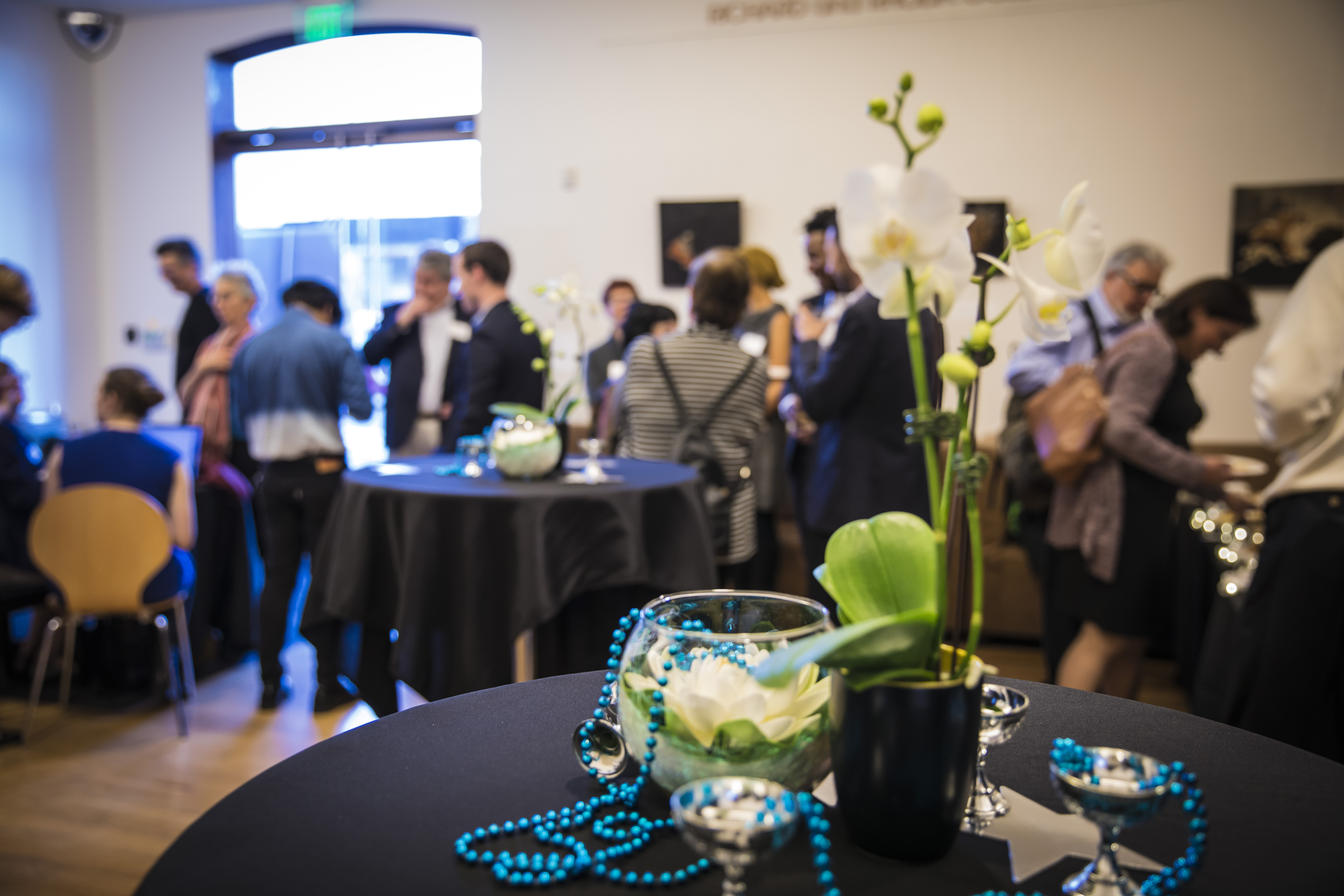
24 Jun The Barebones Start of Some Thoughts about Trust and Intimacy and What Music Does/Can Do in a Play
by Dan Dietz
 I’ve written a number of plays that utilize live music in some way. A Tennessee fairy tale with a Tom Waits-esque singing angel. An American history play featuring a live rockabilly band. An adaptation of AGAMEMNON set in post-Katrina New Orleans, complete with a Chorus that moans the blues (CLEMENTINE IN THE LOWER NINE, set to premiere at TheatreWorks in Palo Alto this October). But my latest play, HOME BELOW ZERO, takes a much more subdued tack, at least stylistically. It’s my first attempt to utilize music—in this case, heavy metal—in a primarily realistic (if somewhat heightened) drama.
I’ve written a number of plays that utilize live music in some way. A Tennessee fairy tale with a Tom Waits-esque singing angel. An American history play featuring a live rockabilly band. An adaptation of AGAMEMNON set in post-Katrina New Orleans, complete with a Chorus that moans the blues (CLEMENTINE IN THE LOWER NINE, set to premiere at TheatreWorks in Palo Alto this October). But my latest play, HOME BELOW ZERO, takes a much more subdued tack, at least stylistically. It’s my first attempt to utilize music—in this case, heavy metal—in a primarily realistic (if somewhat heightened) drama.
Which has got me thinking: why music? What does it do that I like so much? And what about this time will be different from my previous uses of live music onstage?
Coming of age in Austin
I spent a huge chunk of my adult life living in Austin, Texas. It’s a city so saturated with musicians and bands that music pretty much becomes part of every resident’s DNA. It’s in the air you breathe. Its value is inherent and obvious. Like a dip in Barton Springs’ freezing waters on a hundred-plus degree day, or a trip to the taco truck on South First Street for lunch.
As a young playwright coming of age in that town, I was one of many experimenting with how you could add live music to a play without making it a “musical.” I was a member of Salvage Vanguard Theater, one of whose founders was in a garage punk band called Superfecta. The company started off by doing plays in a rock club called the Electric Lounge. They had to have the entire set struck in time for the first band to go on at 10pm.
Which is a long way of saying, we knew musicians. And since gigs could be hard to get in a town chock-full of bands, we were often lucky enough to have stellar players weaving their music into our onstage action. We got to see how the music could leaven a moment with irony, or cut to the emotional heart of a scene by repeating a simple chord.
And we weren’t the only ones doing it. The Rude Mechs (now famous for their collaboratively-created shows), Refraction Arts, even theatre artists at St. Edward’s University were bringing live bands into their shows.
But putting live music in a show begs the question: What does music do well in a play? So let’s write a section called:
Brief Detour: What Does Music Do Well?
A few weeks ago, I was lucky enough to work on a collaboratively-created musical with some unbelievably talented artists at TheatreWorks in Palo Alto. In one of our early meetings, the composers (and librettist/book writer Kait Kerrigan) spoke at length about what music and musicals do well. Here’s part of the list they came up with:
MUSIC IS GOOD AT:
- Telling you what to feel.
- Giving you a sense of a larger world or community.
- Serving as a vehicle for emotional honesty.
- Slowing down or speeding up time.
- Activating transitions.
They also spoke about Source Songs and Montages, but I won’t get into all that here.
When I look at this list, though, what I really see is: Trust.
Look at all the ways your audience trusts you when you put music onstage. They trust you with their emotions. They trust you to help them build the world of the story that’s being told inside their imaginations. They trust you to carry them through time and transitions and on to the next important thing they need to see and experience and wonder about.
Because make no mistake, trust is what’s involved. Creating and receiving music is a deeply personal transaction. Music by its very nature bypasses the logical centers of the brain to stimulate way more primitive parts of your subconscious. This is (my faux-sciencey yet still I think very true explanation of) why going to see a bad band is an almost literally painful experience. Why Muzak makes some people want to tear their hair out. And why a single note placed just right can make my Dad—not an emotional guy—start blinking away tears.
So basically (and assuming they’re not just sitting there with a massive emotional wall up for some reason), each of these human beings watching your show lets you (through your music) into their hearts and minds in a way that circumvents their well-honed ability to use language and logical thought to shut you out.
Kind of unbelievable how intimate this all is.
Which segues me to…
How does all this relate to HOME BELOW ZERO? Or does it?
A big part of what I’m exploring in this play is the intimacy that people experience when music binds them together. The trust that music promotes and requires.
I’m using music in two different ways as it stands right now. One is realistic: Khaled really does play the guitar. And not in some Brechtian, presentational, let’s pop out of the narrative to address the audience directly kind of way. He actually plays in the Real World of the play.
The other is non-realistic: music exists in what is currently the Coma World of the play. It is music created by instruments that aren’t there. It’s the music of memory, music that is connected to a particular character’s sense of identity (an identity that’s kind of split).
But I’ve tried to find moments where music could intersect with the action in other ways. For instance, I gave Khaled what felt like a manifesto (what I call his “Tabaghdada speech”). Originally, I conceived this moment as occurring while he plays a throbbing heavy metal riff. Then I decided to take the music out, and see if the speech still retains the same swaggering energy without the sound. That’s the great thing about BAPF—I get to test that theory out in practice.
Then there’s another scene in which music brings two characters into an intimate moment of connection—but the music is on headphones, so the audience never gets to actually hear it. Another experiment—we’ll see how it plays.
But the point is, these characters need music to express themselves. It comes out of a deep desire to have a part of themselves heard. And since some of these characters have a difficult time expressing their emotions through language, the music offers a way of talking about what they feel—without having to talk about what they feel.
So I’m hoping that maybe the music in HOME BELOW ZERO will say things that monologues can’t. And maybe the absence of music will say things, too. Maybe these characters need to do numbers 1 through 5 above in their lives as much as I might want to do them in my plays. Maybe in a world falling down around their ears, it’s the only tool they really have.
We’ll find out.
————————————————————————————–
You can catch the Bay Area Playwrights Festival reading of Dan’s play HOME BELOW ZERO – with a live musician – on Friday July 22 at 8pm and Sunday July 31 at 4pm.


No Comments